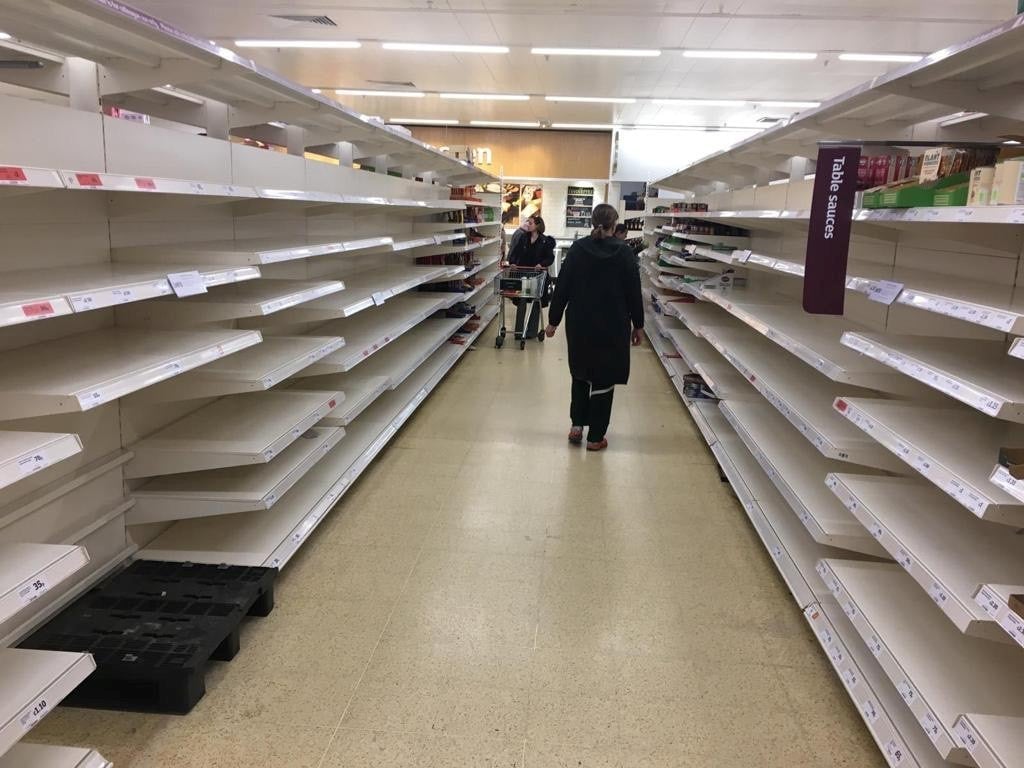Paper currency is one of the few things Brits aren’t hoarding
Brits, like just about everyone these days, are stripping supermarket shelves bare of everything from loo roll to tinned food. One thing they don’t seem to be stockpiling is cold hard cash.


Brits, like just about everyone these days, are stripping supermarket shelves bare of everything from loo roll to tinned food. One thing they don’t seem to be stockpiling is cold hard cash.
The use of physical currency was in decline in the UK before the government halted commerce to slow the spread of coronavirus. Now ATM usage is in freefall as consumers stay home and have fewer places to spend physical dosh, according to Link ATM network data. Some people are likely avoiding banknotes and coins to steer clear of germs.
Cash doesn’t necessarily deserve all of its negative publicity. Earlier this month it was reported that the World Health Organization was urging people to use contactless payments instead of cash to avoid infections from Covid-19. However the group didn’t single out paper notes and metal coins, and a spokesperson later told MarketWatch that the organization has been misrepresented. The United Nations agency says people should wash their hands after touching money, the same as with other surfaces that could harbor the coronavirus.
Central banks have also given banknotes a bad name. The Federal Reserve has quarantined money that was repatriated from Asia, while the People’s Bank of China has used ultraviolet light or high temperatures to disinfect cash.
Some payment industry experts think coronavirus concerns will cause a lasting shift to contactless transactions. Greece, Ireland, Malta, Poland, and Turkey have hiked the amount that can be spent with contactless, and the threshold will be raised in Britain from April 1. That’s even though trade group UK Finance said there “is no scientific evidence that there is an increased risk of spreading the coronavirus through the use of cash.”
Some shops, meanwhile, are reportedly refusing to accept notes and coins as the pandemic intensifies. A sudden shift to payment cards could be worrisome for vulnerable groups, like the elderly and people with lower incomes, who are more likely to rely on physical currency and may not have access to bank accounts.